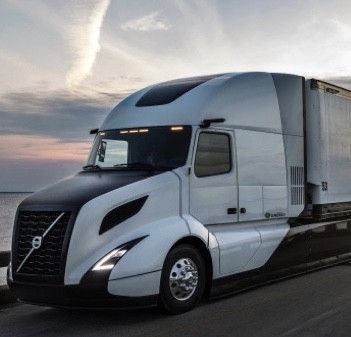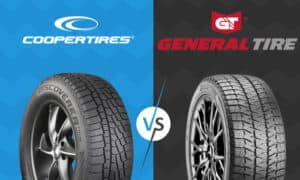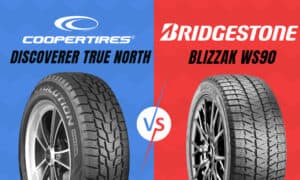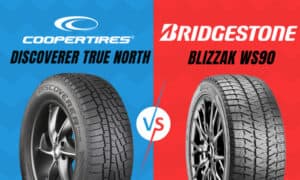Truck transport accounts for about 25% of global transport energy use. Every year American trucks travel empty for 50 billion miles, 28% of their total mileage, and in Europe a quarter of containers on the road are empty. Empty runs have high economic costs due to the wastage of fuel, time, labor, and traffic congestion involved. The UK transport industry could save over 40 million miles of empty journeys by making use of spare vehicle capacity.
CHARACTERIZATION:
- This action has an exclusive focus on freight transport.
- Empty runs are focused here on long-distance trucks, but can also apply to shipments by rail, air, and inland and maritime shipping.
- HDVs (trucks, buses and coaches) produce about a quarter of CO2 emissions from road transport in the EU and some 5% of the EU’s total greenhouse gas emissions – a greater share than international aviation or shipping. Making use of spare vehicle capacity could cut UK carbon emissions by as much as 8% and contribute to a more sustainable transport industry.
- Green freight programs, including reducing empty running, can accelerate the adoption of advanced technologies and strategies across the entire transport sector that save fuel, reduce costs for business, and lead to significant reductions of CO2, black carbon, PM, and other air pollutant emissions. The most successful programs deliver major business benefits by incentivizing investments in fuel saving and emission reducing technologies, as well as operational strategies.
- Status of deployment:
- Digital technologies can help consolidate the fragmented and often inefficient trucking industry. Replacing shipping brokers with mobile-app platforms that dynamically match shippers’ loads with available trucks and truckers can reduce empty loads. In 2014, USD $63 million was raised for seven online freight matching platforms, including $12 million for Transfix and $20 million for Truckloads. Teleroute is a pan-European online freight and vehicle exchange service that improves operational efficiency, with a goal to reduce empty running by 43%. Over 200,000 real-time freight and vehicle offers are posted every day on their freight exchange in 27 European countries. In the past 12 months alone, the online freight company Returnloads.net has saved UK haulage companies and couriers over 300,000 otherwise wasted journeys.
ESTIMATED IMPACT:
- Logistical activity accounts for roughly 5.5% of total GHG emissions. Within the logistics sector, freight transport accounts for around 90% of total GHG emissions and 35-60% of logistics costs. However, due to lack of adequate freight information, fragmentation of the freight industry, unbalanced freight movements, and oversupply in the trucking market, in many developed and developing countries, empty trips constitute 20-50% of overall freight trips.
- By reducing empty trips, freight efficiency could be improved, leading to several co-benefits e.g. reduced logistics cost, reduced congestion, and reduced carbon and air pollutantsAn example of high co-benefits is found in the Henan Anyang Modern Logistics Information platform in China, which has helped trucking companies reduce the empty mile percentage from 53% in 2006 to 38% in 2008, resulting in an average empty trips reduction of about 44 million kilometers, and yielding fuel savings of 8.8 million liters, equivalent to about ¥52.7 million.
- At a national level, this could result in 1-4% reduction in transport CO2 emissions by 2030, considering market size and geographic imbalance of freight movement within each country. For example, Nigeria aims to develop an action plan to improve the efficiency of freight handling and transport, which is projected to result in a reduction in transport CO2 emissions of about 3.8% by 2030.
